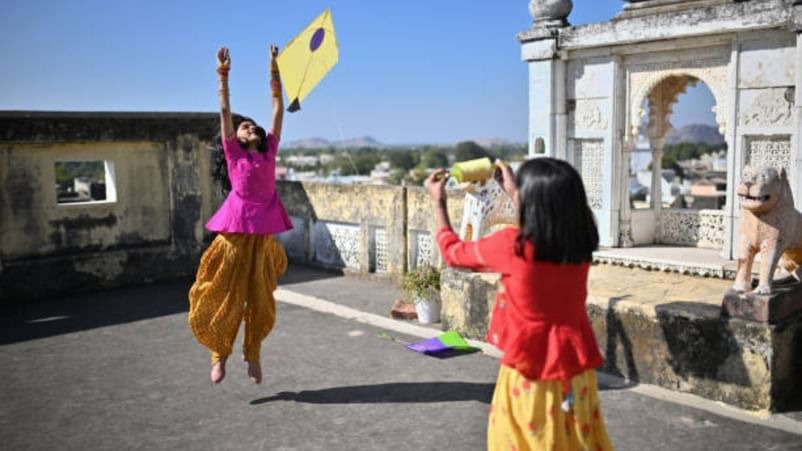
New Delhi: Festivals play an important role in the advancement of culture as well as offer significant insights into life. The Harvest festival, Makar Sankranti, that is celebrated across the nation has the potential to assist schools inculcate values and education through a range of activities to their students.
Combining ethical, cultural and environmental significance, Makar Sankranti emphasizes how festivals can promote multi-dimensional education.
Building Thankfulness and Togetherness
This festivities takes place in the beginning of longer days after the winter solstice, making it a time for thanksgiving. Farmers thank the Lord for the abundance of food and families come together with their loved ones. If schools aim to encourage their children to be thankful for the things that they have and to appreciate spending time with their family and the community, any festival would be perfect for that.
Encouraging Understanding of Culture Boundaries and Bringing People Together
Parts of the country celebrating Makar Sankranti’s cultural variety are also located in Tamil Nadu, called Pongal, Gujarat where it is called .Uttarayan, Assam also recognizes the traditions with Magh Bihu. In schools these are recognized and children are taught more about the traditions helping eachother and promoting respect towards other cultures.
Fostering Environmental Responsibility
The festival also emphasizes the importance of sustainable methods. Schools seek to enlighten children on the use of eco friendly kites, use of non biodegradable non plastic decorations and non plastic in their celebrations. There are also lessons that are being imparted to the students concerning the effects of people on their surroundings.
Encouraging Life Skills and Values
The kite flying competition where teams fly kites using an acquired skill as well as the tradition of preparing food at home for the celebration disciplines students, is an endless source of practical life skills for children. In addition Makar Sankranti gives students the gift of morality through the stories taught during these sessions.

 Share
Share



